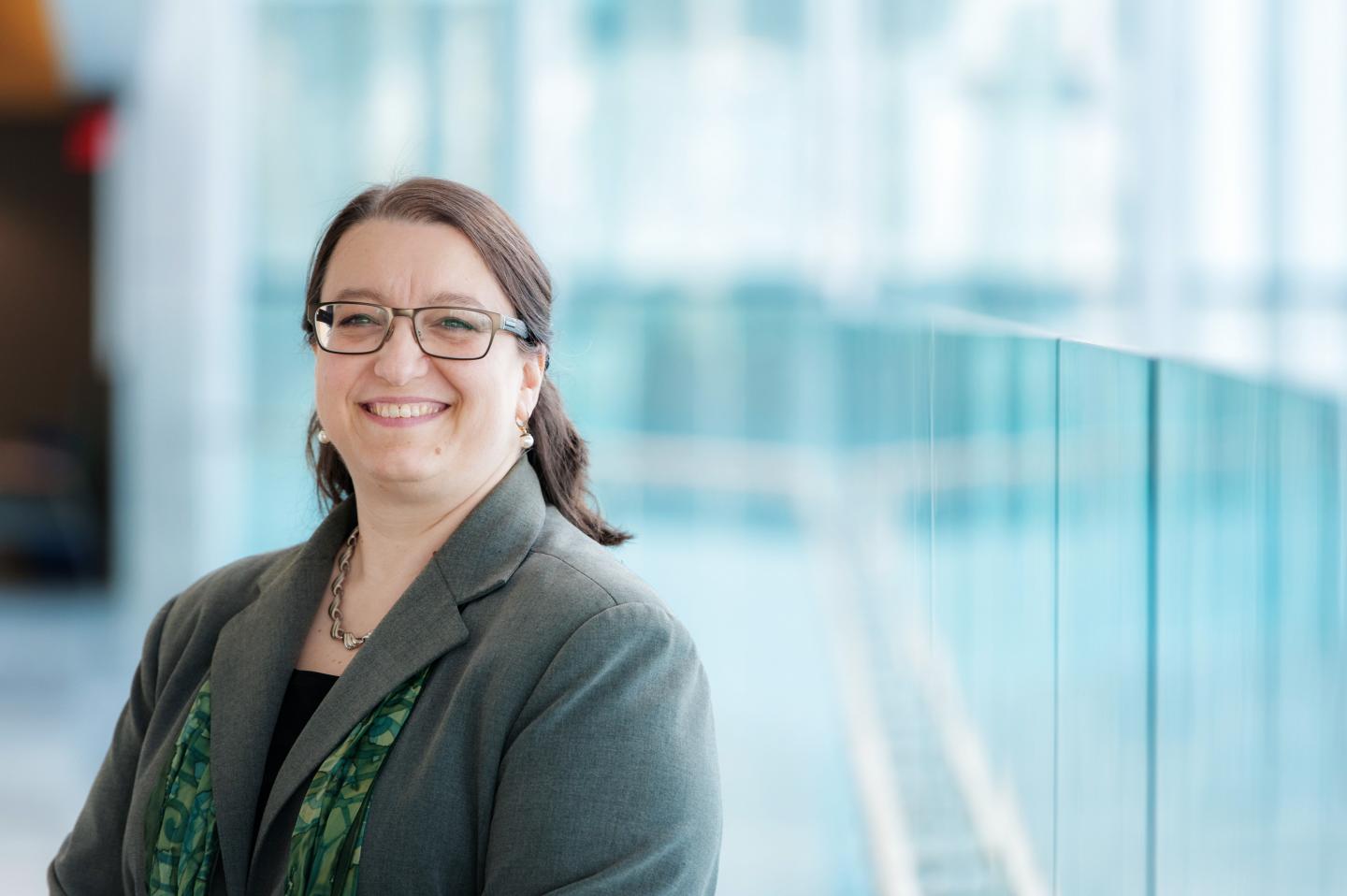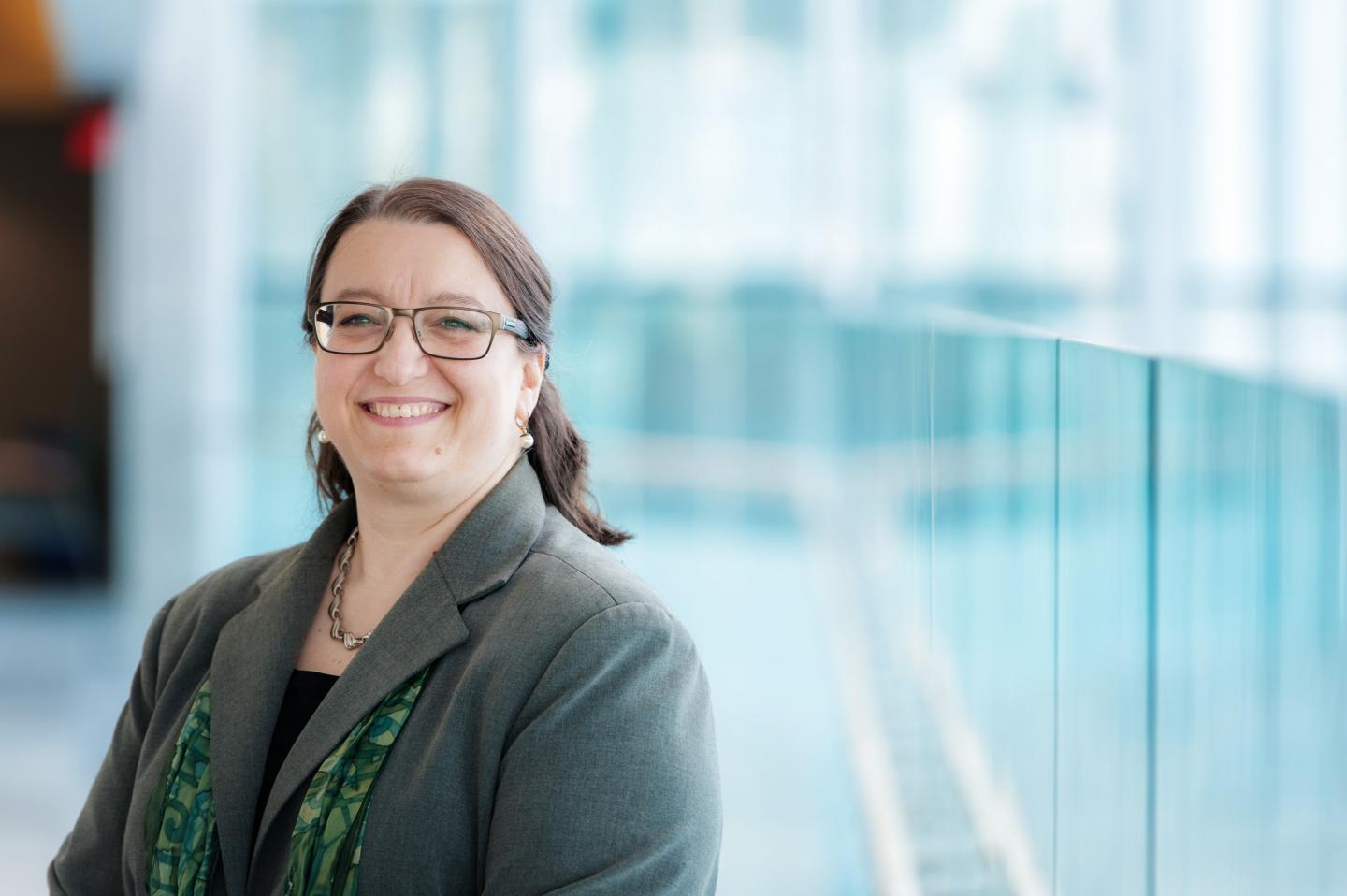
Credit: University of British Columbia
Access to gender-affirming surgery has improved in British Columbia over the past couple of years, but transgender people needing to access surgery still face complex and often unclear pathways, according to a new study from the Stigma and Resilience Among Vulnerable Youth Centre (SARAVYC) at UBC.
The study is the first in Canada to look into the experiences of transgender patients seeking gender-affirming surgical care. Gender-affirming surgeries are medically necessary for many transgender people who experience gender dysphoria–the distress experienced when a person's internal sense of gender does not align with their gender assigned at birth. Researchers surveyed 337 transgender Canadians, including 215 B.C. residents, and also conducted in-depth interviews with 35 people in B.C., all of whom had received an assessment for surgery or had gender-affirming surgery in the past five years.
"There's room to improve the process to make it less of a challenge for patients," said study co-author Hélène Frohard-Dourlent, who co-led the study as a postdoctoral fellow at UBC. "Many people found it difficult to navigate the pathways to surgery and waited long periods of time to get access to the care they needed. This can have a significant effect on both mental and physical health."
People seeking gender-affirming surgeries are typically first assessed by qualified clinicians based on current World Professional Association for Transgender Health Standards of Care. But although family doctors, nurse practitioners, clinical counsellors, psychiatrists, or psychologists with training in transgender health issues can conduct assessments, 40 per cent of participants said they faced a challenge finding an assessor in B.C. Wait times of five months to a year for an assessment were common.
The survey also indicated just over 60 per cent of participants had to travel two or more hours to have surgery. Publicly funded chest or breast surgeries have primarily been available only in Vancouver and Victoria in B.C., and lower body surgeries are currently only available in Montréal, or outside of Canada.
"We found challenges often arose when travel was involved, such as higher rates of complications post-surgery, and difficulty finding knowledgeable local health-care providers for support after returning home," said principal investigator and UBC nursing professor Elizabeth Saewyc. "Primary care providers could be important assets for patients trying to navigate the system of care, but many lack the necessary training. As health-care providers, we need to work to improve access and reduce wait times."
The report noted that progress has been made in B.C. over the past couple of years. Trans Care BC, a program of the Provincial Health Services Authority that oversees gender-affirming health care, has been implementing changes within the health-care system since it was created in 2015, including training for clinicians across the province.
"Over the past two years Trans Care BC has been working closely with transgender communities to improve the experiences of those seeking care," said Lorraine Grieves, program director for Trans Care BC. "Research like this is crucial in identifying how we're meeting the needs of surgical patients and highlighting opportunities for improvement. It is reassuring to see that the study findings align with many of the changes that we have been working on. We look forward to sharing this research with health-care providers and partners across the province to further inform how to improve access for people accessing gender-affirming care in B.C."
This research will also be presented at the Canadian Professional Association for Transgender Health conference in Vancouver Oct. 25-29, 2017.
###
Media Contact
Lou Bosshart
[email protected]
604-999-0473
@UBCnews
http://www.ubc.ca
Original Source





